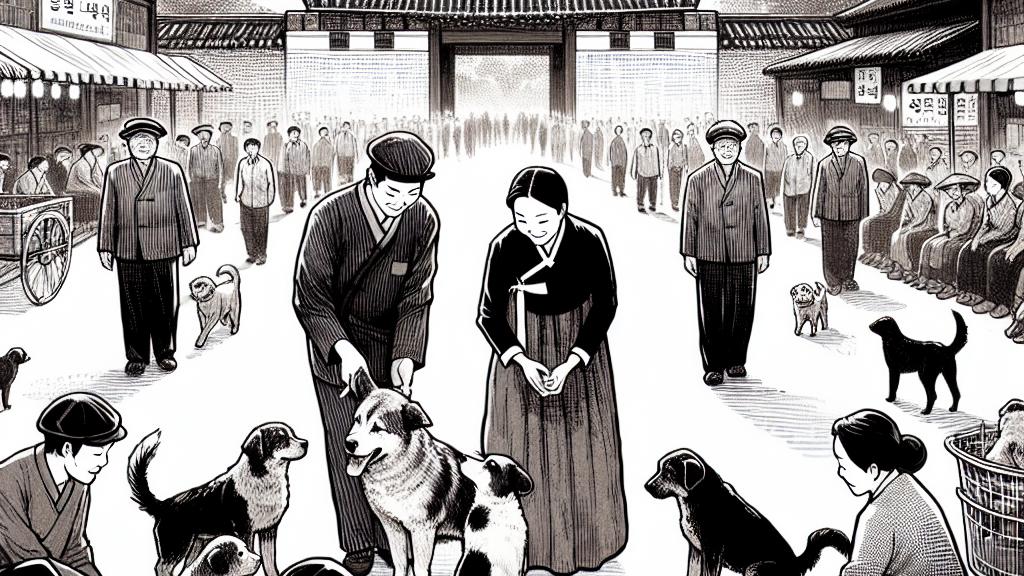Korea's Canine Crisis: Testing Tech Paves the Way for Dog Meat Ban!
Overview
- Seoul has developed a groundbreaking testing technology to identify dog meat, facilitating the enforcement of a national ban.
- A comprehensive ban on the production, sale, and consumption of dog meat is set to take full effect by 2027.
- Growing public sentiment increasingly favors animal rights, with a significant cultural shift away from dog meat consumption.

Legislative Shift Marking a New Era for Animal Rights
The South Korean National Assembly has made history by passing a sweeping ban on the dog meat trade, signifying a monumental shift in societal attitudes towards animal welfare. With an unprecedented legislative vote of 208-0, the ban addresses not only the breeding and slaughtering of dogs for meat but also the distribution and sale within the country. Contextually, dog meat has long been consumed in South Korea, often viewed as a source of stamina during hot summer months. However, increasing pressure from activists and changing public perceptions, evident through surveys revealing that nearly 60% of South Koreans support the ban, point towards a significant cultural evolution that prioritizes the humane treatment of animals, aligning South Korea closer to global norms of animal rights.
Advanced Technological Measures to Enforce the Ban
To ensure the effective implementation of the ban, Seoul has introduced a state-of-the-art DNA testing technology designed to identify dog meat in various products. This innovative approach utilizes polymerase chain reaction (PCR) techniques to accurately detect dog DNA, thus preventing fraudulent practices where dog meat is mislabeled and sold as other types of meat. The establishment of this diagnostic testing capacity not only reflects the city's commitment to enforcing the new laws but also serves to enhance food safety and consumer trust. As these technological advancements roll out, they are expected to play a crucial role in promoting transparency within the meat supply chain, reassuring the public about the integrity of food sources while facilitating accountability for those who attempt to circumvent the regulations.
Community Backlash and the Path Forward
Despite the overwhelming support for the ban, the industry faces fierce opposition from farmers and restaurant owners who feel threatened by the impending changes. Many of these individuals have devoted their lives to the dog meat trade and view the legislation as an infringement on their rights and livelihoods. Protests have erupted as they rally to defend their traditional practices. In response, the government has promised to provide assistance to help those affected transition to alternative livelihoods, but details regarding the extent and implementation of this support remain vague. This ongoing conflict underscores the complex nature of enacting social change, balancing the need for animal rights with the concerns of workers in a historically entrenched industry. Navigating this landscape will require sensitive dialogues and strategic planning to ensure a humane resolution that respects both animal welfare and the livelihoods of those involved in the trade.

Loading...